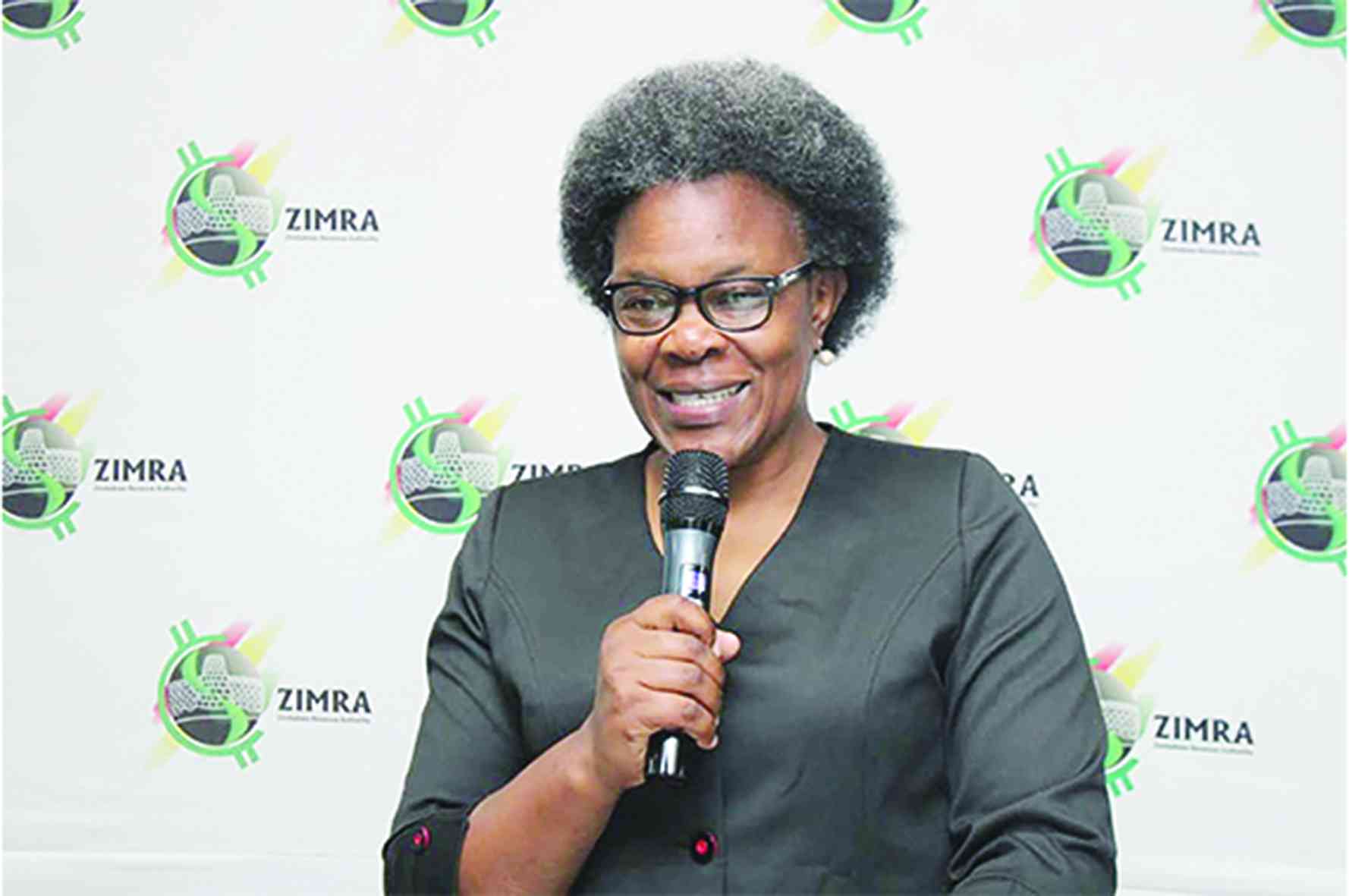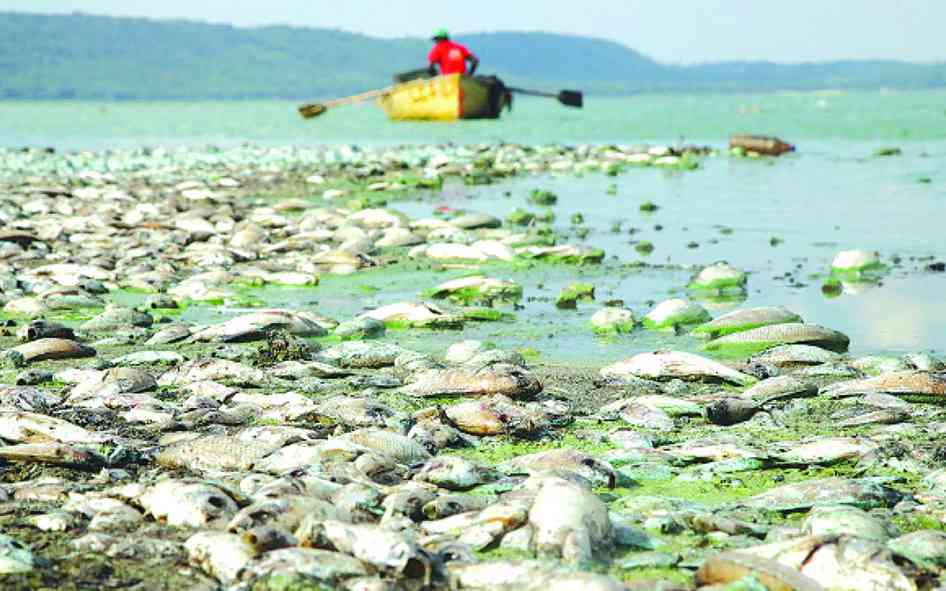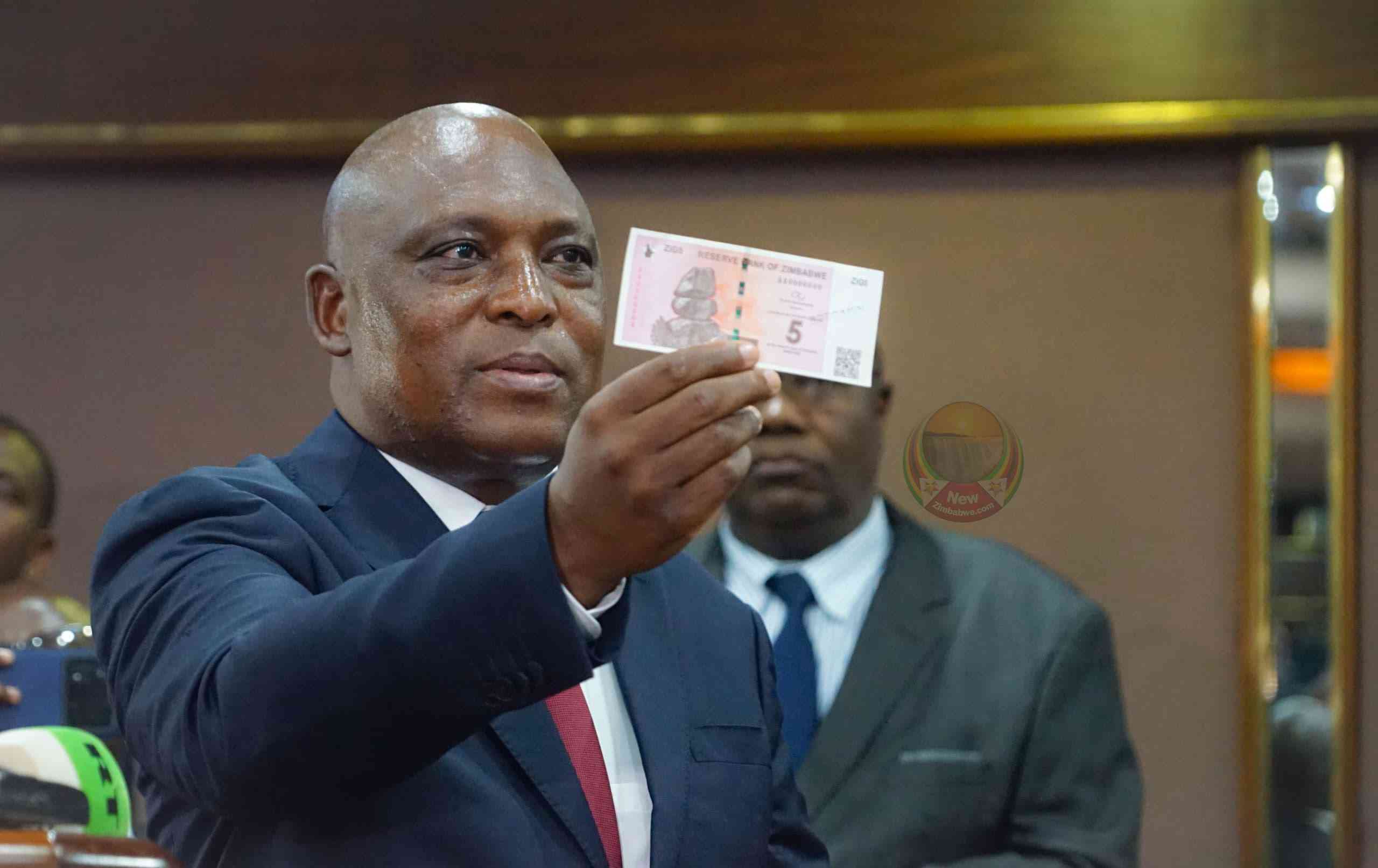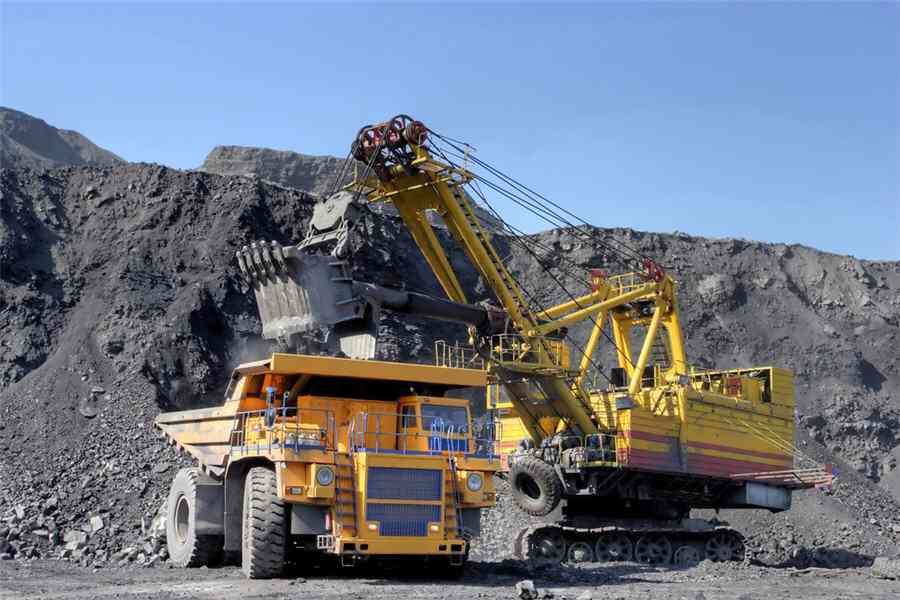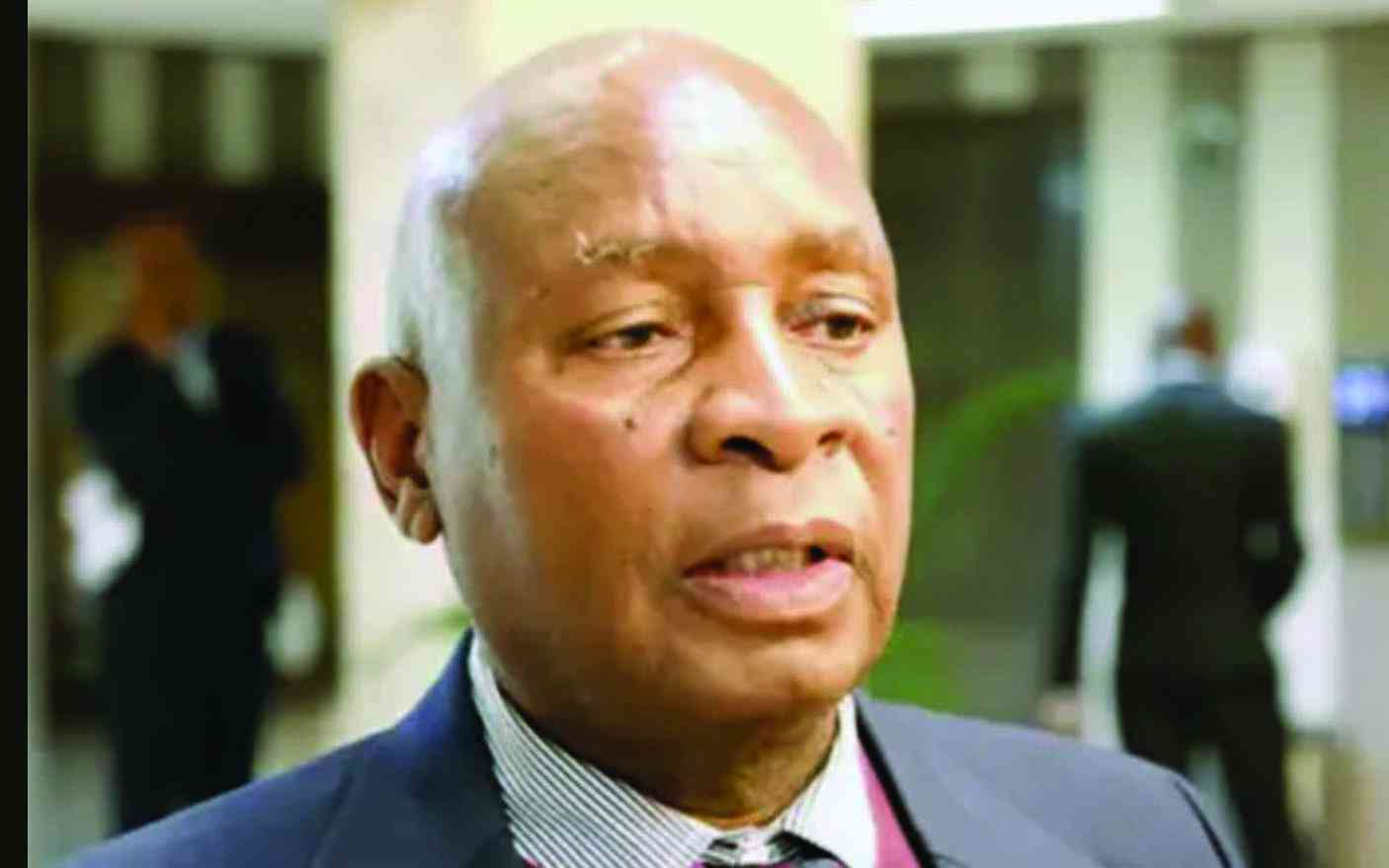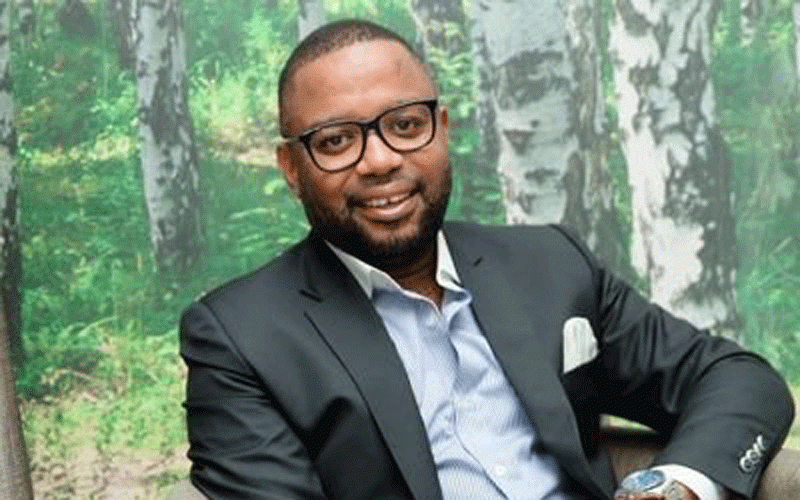
INVESTMENT consortium, Diaspora and Infrastructure Development Group (DIDG) will assess the current economic situation in the country to determine if it is still strategic to pursue its US$236 million lawsuit against the National Railways of Zimbabwe (NRZ) over the cancellation of a multi-million dollar contract.Cabinet terminated a US4400-million-dollar contract, arguing that DIDG lacked the financial muscle to implement the project. But to date, the revival of NRZ has been dampened by the lawsuit. DIDG chairperson Donovan Chimhandamba (DC) spoke to the Zimbabwe Independent’s Tinashe Makichi (TM) about several issues including the NRZ project. Below are excerpts of the interview:
TM: We understand you are driving a project in South Africa under Nyanza. What is the current status of the project and possible timelines in terms of its completion?
DC: Regarding Nyanza, it is Africa’s flagship and the only titanium mineral beneficiation and value-addition project, which is on the go. We completed construction and began commissioning the first phase of the plant, which has cost us more than US$20 million. The completion of this phase will allow us to produce product samples for our customers, who manufacture paints and coatings, to run full trials. Overall, we are happy with the significant progress we have made in 2022.
After all the phases, a total of US$550 million will have been invested and deployed and we will be producing 80 000 tonnes of TiO2 per annum for Africa’s and global market requirements.
What is also encouraging and worthy of noting at this point is the quality of banks that have already invested in the project and will syndicate the US$550 million funding package as well as other investor groups that have expressed interest to participate in the project and those committing to off-take the product. To name a few, we have Africa Finance Corporation (AFC), and Afreximbank, and currently finalising agreements with another international development finance institution, which we will disclose in due course.
TM: Considering that you are also a Zimbabwean, what made you choose South Africa for your investment?
DC: I consider myself also an African at heart and have the responsibility and opportunity to drive the continental economic development agenda. Each project we look at on the continent is developed from the basic appreciation of the comparative advantages that the geographical location presents. Certain projects are better placed in one country than the other. In the case of titanium dioxide pigment, South Africa is endowed with titanium mineral ores, which are found in the coastal regions. Zimbabwe has other high-value minerals that may make it more suitable to consider building value additional industries around.
TM: What incentives are South Africa offering that lured to that country?
- MIHR petitions govt on Lubimbi relocations
- ‘Timely IMF boost saved Zim’
- In Full: Twelfth post-cabinet press briefing: May 10, 2022
- Blocked funds choke NMB
Keep Reading
DC: South Africa has put in place an industrial policy framework that supports projects aimed at mineral beneficiation and value addition. The frameworks allow for the various government departments to coordinate and be aligned to support such projects. In addition, Nyanza is located in a Special Economic Zone (SEZ). There are special incentives that are afforded to a company operating in an SEZ such as lower income tax, special financial grants, infrastructure investment support, reduced taxable income, accelerated depreciation, import duty and VAT exemptions just to list a few. This makes South African special economic zones attractive. Other factors also come into play such as ease of doing business, protection of investments and country risk are considered once there is a qualified underlying economic opportunity.
TM: Are there prospects of you looking at other investments in Zimbabwe?
DC: At the moment our focus is on progressing the Nyanza project. However, as the project makes significant progress, at a holding company level, we continue to explore other interests that will either augment Nyanza or speak to our broader African industrialisation and minerals beneficiation agenda.
TM: Can you please update us on the current status of your lawsuit against NRZ on the cancelled deal? Is there a possibility of a mutual agreement?
DC: As you are aware, we filed a declarator in the High Court for an order declaring that the conduct of the NRZ was unlawful. The lawsuit is still pending in our courts. It must be highlighted and understood that we did not seek a damages claim against the NRZ. In October 2019, the late former minister Joel Biggie Matiza had unfortunately taken a path that was not consultative with the affected parties and all requests to find a lasting solution for NRZ seemed in vain. After having exhausted all channels of communication and having failed, filing the declarator was the only option left for us to create dialogue in an attempt to try to salvage the NRZ project.
We do not believe in a litigious process, especially against our government or the NRZ when it rather needs support to rebuild into the modern era of rail logistics. We do not believe one can implement the NRZ project while at the same time in court. A lot of things have since changed. Covid-19 happened. The ministry leadership has changed, regional logistics infrastructure surrounding Zimbabwe has also since changed and the rail industry has seen some consolidations and rationalisations while rail mergers have changed their strategic outlook and business strategies. So DIDG has to consider these and assess whether it is still strategic for it to pursue the lawsuit and also consider what is in the best interest of our beloved country and NRZ in particular.
TM: What would be your comparison of South Africa and Zimbabwe's investment environments? Would you say Zimbabwe is better?
DC: I think each country on the African continent has its comparative advantages. Both countries have opportunities and challenges just like any other country in the world. Our job is to pursue projects in whatever jurisdiction based on a sober analysis of the opportunity, the risks, and the challenges against our true capacity to see the projects through.
We believed in our strategic plan for NRZ and had put together a solid plan backed by more than US$1 billion in funding from continental and international financial institutions.
While the landscape and our strategy have significantly changed since the pre-pandemic in 2019, we still believe our team with cooperation from the other stakeholders, can still contribute to rebuilding NRZ and making it a significant regional rail and logistics player.
TM: What are your future investment plans?
DC: At the moment we are focused on our flagship titanium beneficiation and diversified chemicals plant project in Richards Bay.
In the future, we will look to deepen our involvement in the value chain by looking at integration opportunities that directly touch our business, both vertically and horizontally. In future, we will always seek to identify appropriate opportunities and will pursue developmental opportunities that are informed by our areas of expertise, and ability to form sustainable smart partnerships in Africa and with other players.
We will always go for projects with high potential for transformational impact on the local economies and that of Africa as a whole.

